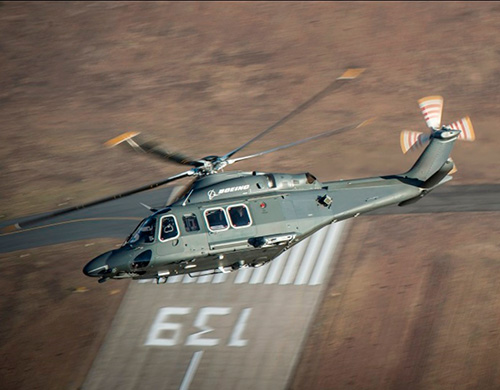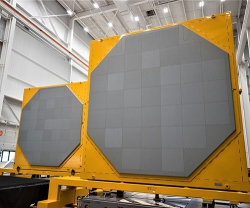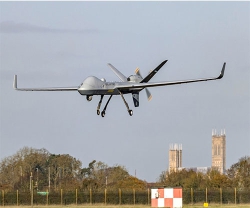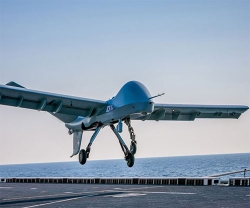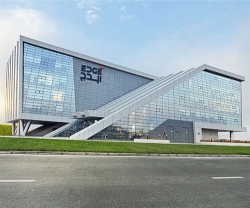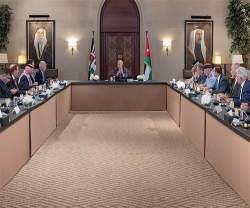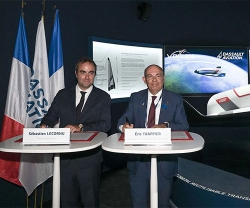Boeing provide its MH-139 helicopter and related support to the U.S. Air Force to replace the more than 40-year-old UH-1N “Huey” helicopters used to protect America’s intercontinental ballistic missile bases.
The program awarded today is valued at $2.4 billion for up to 84 helicopters, training devices and associated support equipment.
“We’re grateful for the Air Force’s confidence in our MH-139 team,” said David Koopersmith, Vice President and General Manager, Boeing Vertical Lift.
“The MH-139 exceeds mission requirements, it’s also ideal for VIP transport, and it offers the Air Force up to $1 billion in acquisition and lifecycle cost savings,” he added.
The MH-139 derives from the Leonardo AW139, which is used by more than 270 governments, militaries and companies worldwide. Leonardo will assemble the helicopters at its northeast Philadelphia plant, with Boeing integrating military-specific components at its facility south of that city.
The contract also includes operations, maintenance, training systems and support equipment for the MH-139 aircraft.
“We’re proud to provide the U.S. Air Force with solutions across the entire services ecosystem. With the AW139 platform’s more than 2 million flight hours and established supply chain, we look forward to applying our expertise to drive cost savings while supporting mission readiness,” said Ed Dolanski, President of U.S. Government Services, Boeing Global Services.
The U.S. Air Force said on its website that it pursued a full and open competition to deliver increased capabilities to warfighters. This replacement will provide the necessary speed, range, endurance and carrying capacity needed to meet the requirements of five Air Force major commands, officials said.
“A safe, secure and effective nuclear enterprise is job one. It is imperative that we field a capable and effective helicopter to replace UH-1Ns providing security for our ICBMs and nuclear deterrence operations,” said Air Force Chief of Staff General David L. Goldfein.
The first operational helicopter delivery is expected in Fiscal Year 2021.

